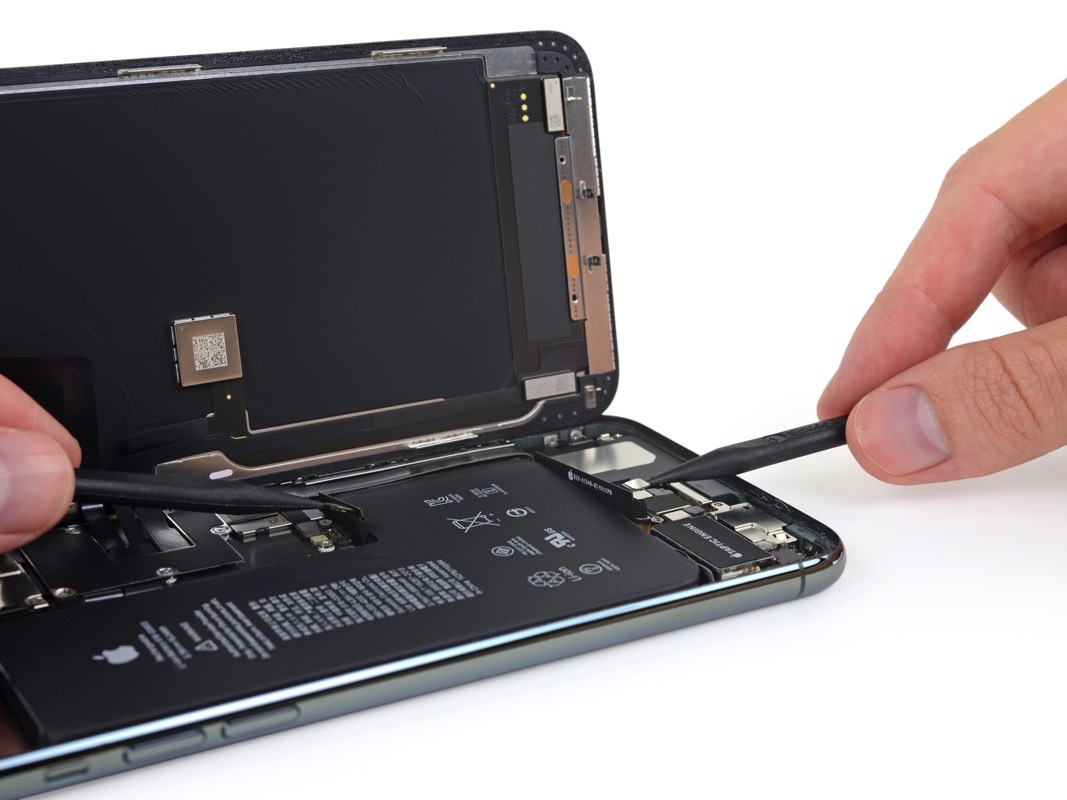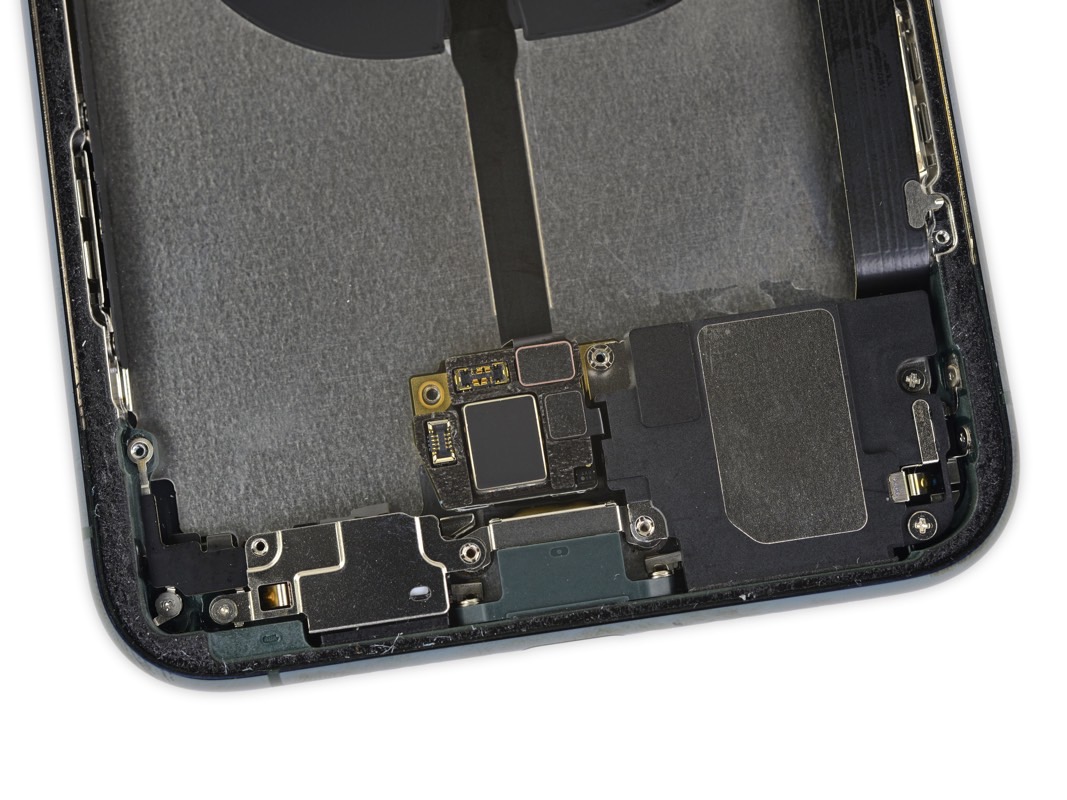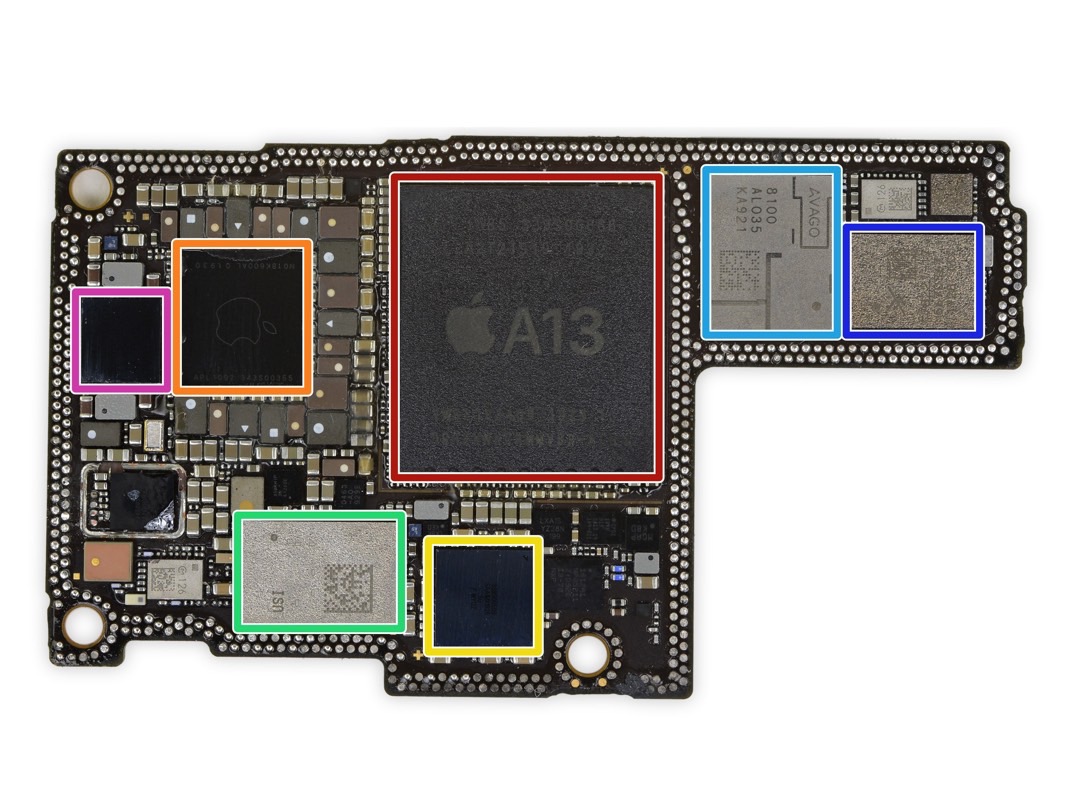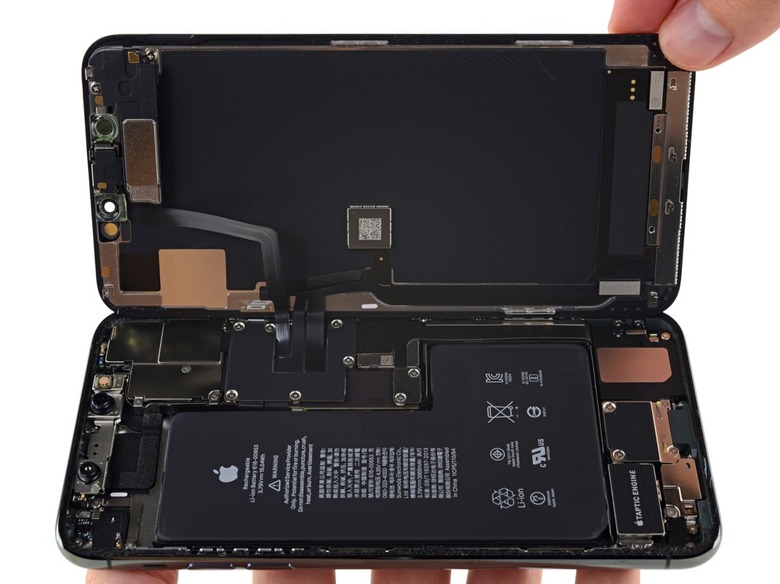iPhone 11 Pro Max Teardown Reveals Some Interesting Secrets
Millions of people have bought one of the three iPhone 11 phones that Apple launched less than two weeks ago, and the handsets are available in stores already — Apple doesn't announce sales numbers for the iPhone, but several models sold out online soon after preorders started. But what's more important is that, now that the phone has shipped to buyers, we have the first "official" teardown of the handset, which answers several questions. In the days leading up to the phone's launch, we saw battery capacities get leaked, which is a detail Apple never shares. The iPhone maker also has the habit of not telling the public how much RAM its phones have, with a wild claim a few days ago saying the handset has 2GB of extra memory, dedicated to the camera system. Finally, we've heard conflicting reports of the bilateral wireless charging feature the phone was supposed to have. iFixit's teardown helps answer all of those questions and reveals other iPhone 11 secrets.
iFixit is not affiliated with Apple; therefore, this isn't the kind of teardown that Apple condones. However, the company became an authority when it comes to teardowns of new products, that's why this iPhone 11 Pro Max teardown is as official as they get.
Bigger batteries?
The iPhone 11 Pro Max has a 3,969 mAh battery, the teardown confirms, which is precisely what documentation filed with a Chinese regulator revealed last week. The teardown reveals the Pro Max has an L-shaped battery, just like the iPhone XS before, but a first for the Max model.
When it comes to size, the battery is 0.7mm thicker, 4.2 cubic centimeters larger and 13g heavier than the iPhone XS's battery. The teardown also explains that the iPhone 11's slightly increased thickness (0.4mm) and the extra space 3D Touch screen layer freed (0.25mm), is what allowed Apple to improve battery life drastically.

Bilateral charging?
The teardown revealed a few peculiarities about the battery and wireless charging coil, that might support to the notion that Apple dropped reversed wireless charging, the kind of feature that lets you recharge your Apple Watch or AirPods with the iPhone, at the last minute.
For starters, the battery has two distinct connectors compared to previous models (image above). Here's what iFixit observed:
- The phone will function without the charging-port-end connected (reconnecting it threw a temporary temperature warning for us).
- While that lower cable is disconnected, the phone will charge via the Lightning port, but not the wireless charging coil.
- When we disconnected the "main" cable that goes directly to the logic board, the phone shut down as normal and would not boot, even with the other cable connected.
Also, there seems to be a mysterious board below the battery, "as an interconnect for the battery, wireless charging coil, and Taptic Engine." The board (image below) could be related to bilateral wireless charging, but it could also be associated with Apple's new hardware that monitors battery performance.
In other words, it's not definitively clear whether the iPhone 11 phones have components for bilateral wireless charging.

6GB of RAM?
As amazing it would have been for Apple to have added 2GB of RAM to the Pro phones for the camera, that doesn't appear to be the case. Or, if that extra RAM exists anywhere inside the phone, iFixit didn't find it yet. What we can tell you is that the handset does have 4GB of RAM for the system and apps, just as benchmark said last week.

Assorted secrets
- The logic board is even slimmer than before, featuring multiple layers as in the past
- The brand new U1 ultra-wideband co-processor might be the one in green below the processor (image above).
- Several layers of graphene conduct heat from the board directly to the rear glass case.
- Three additional thermal pads line the back case, atop a "clean cut through the steel case lining," and this might be the ultra-wideband antenna hardware.
- The phone's repairability score is 6 out of 10, according to iFixit's grading system.
